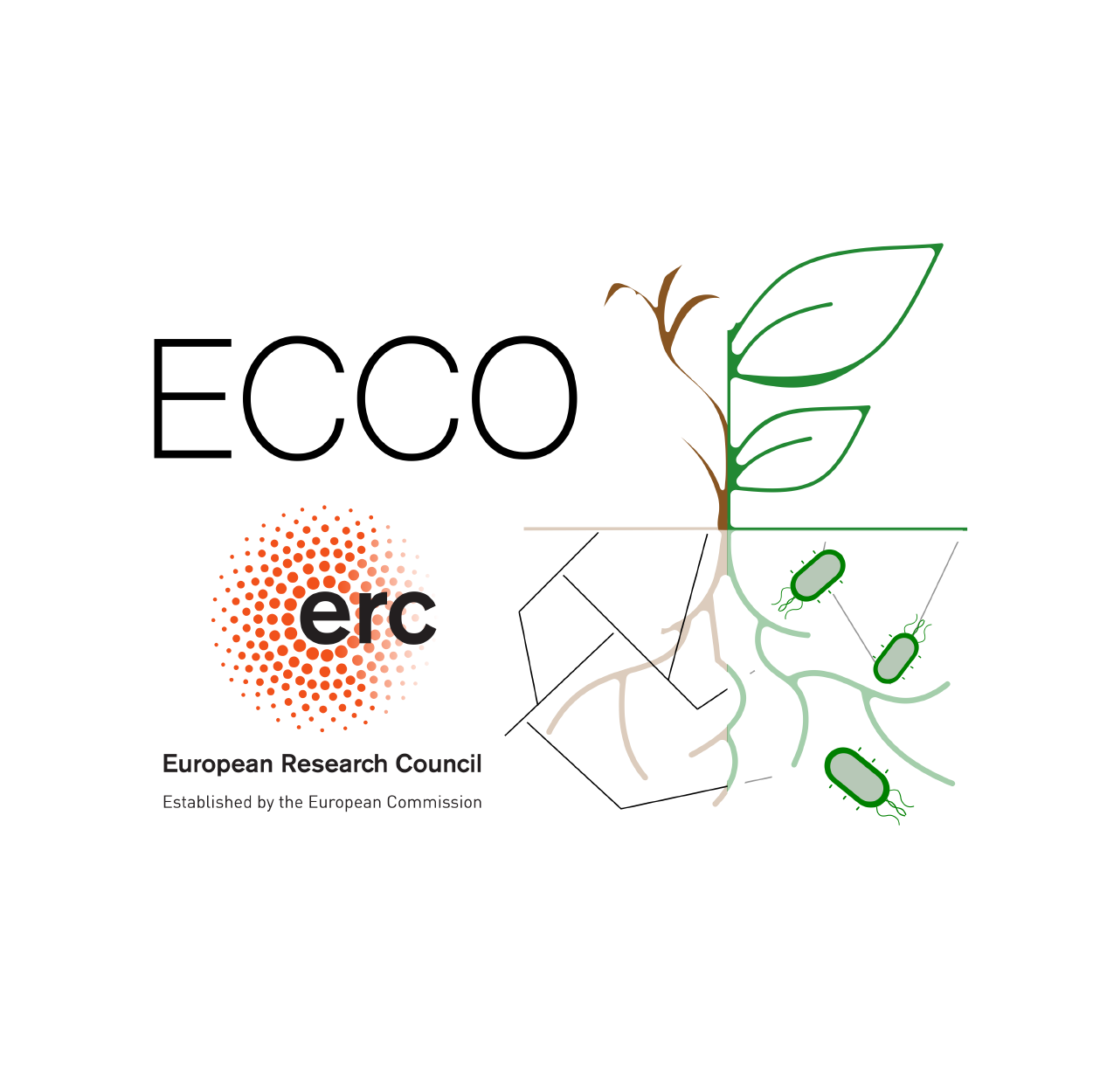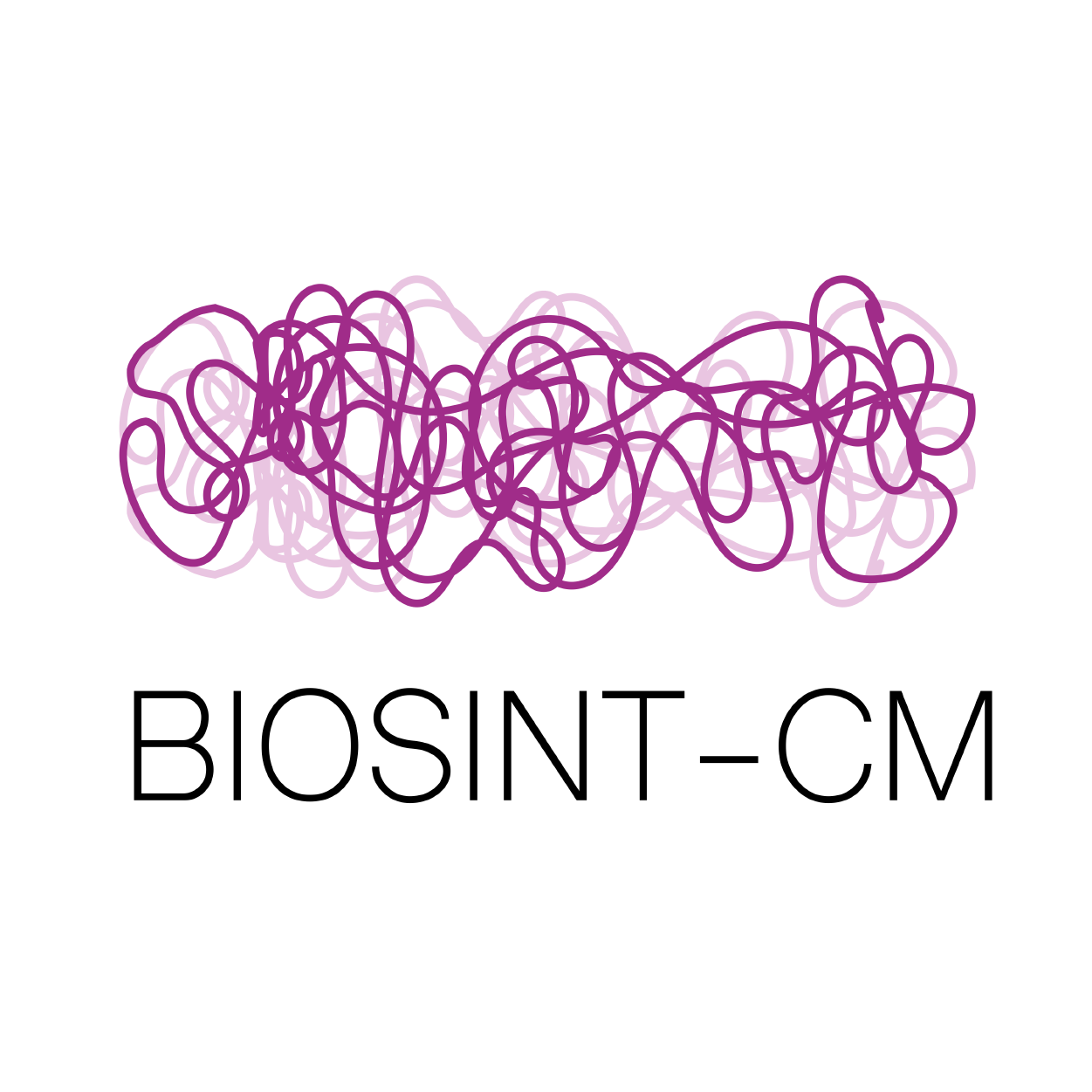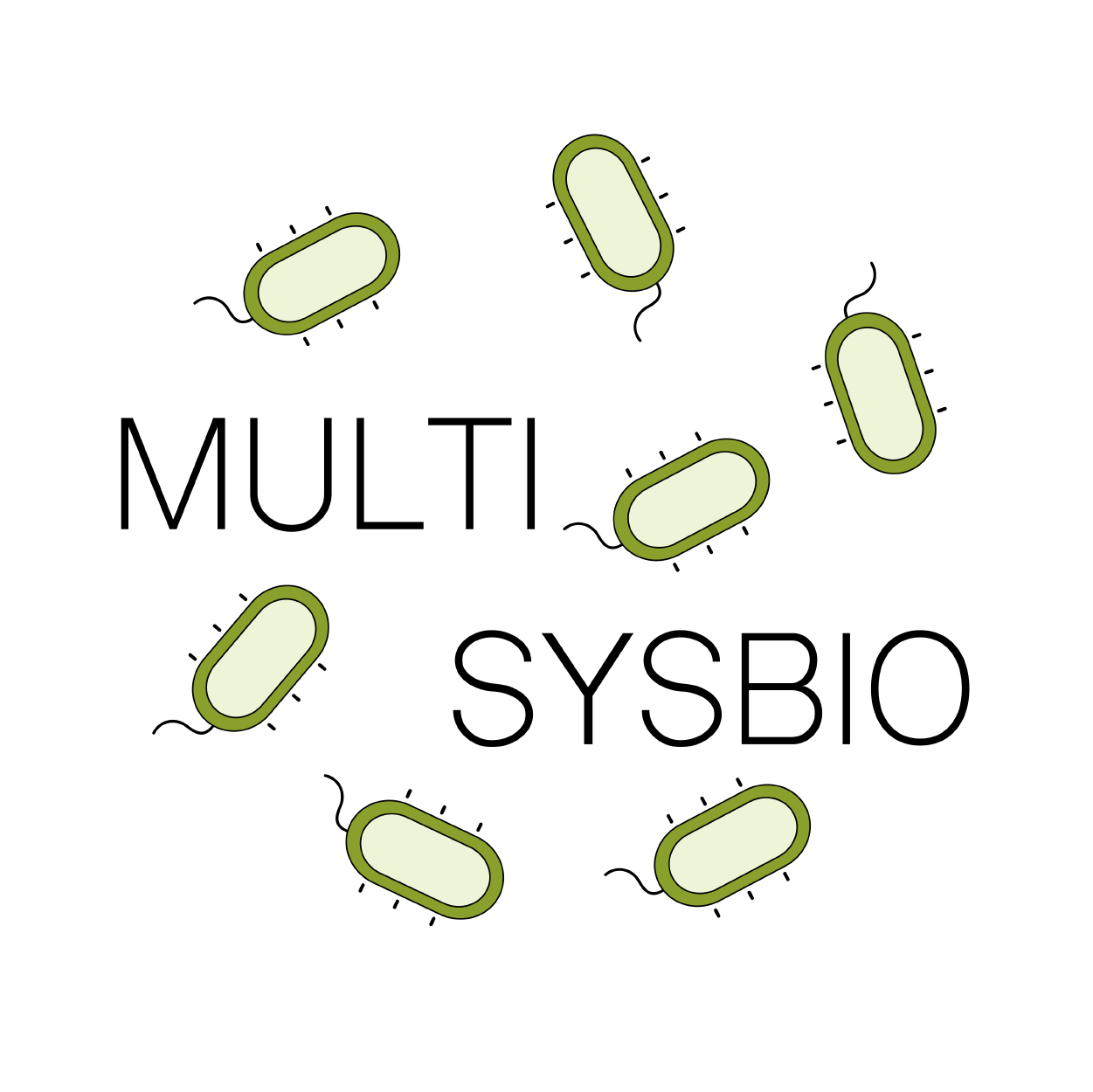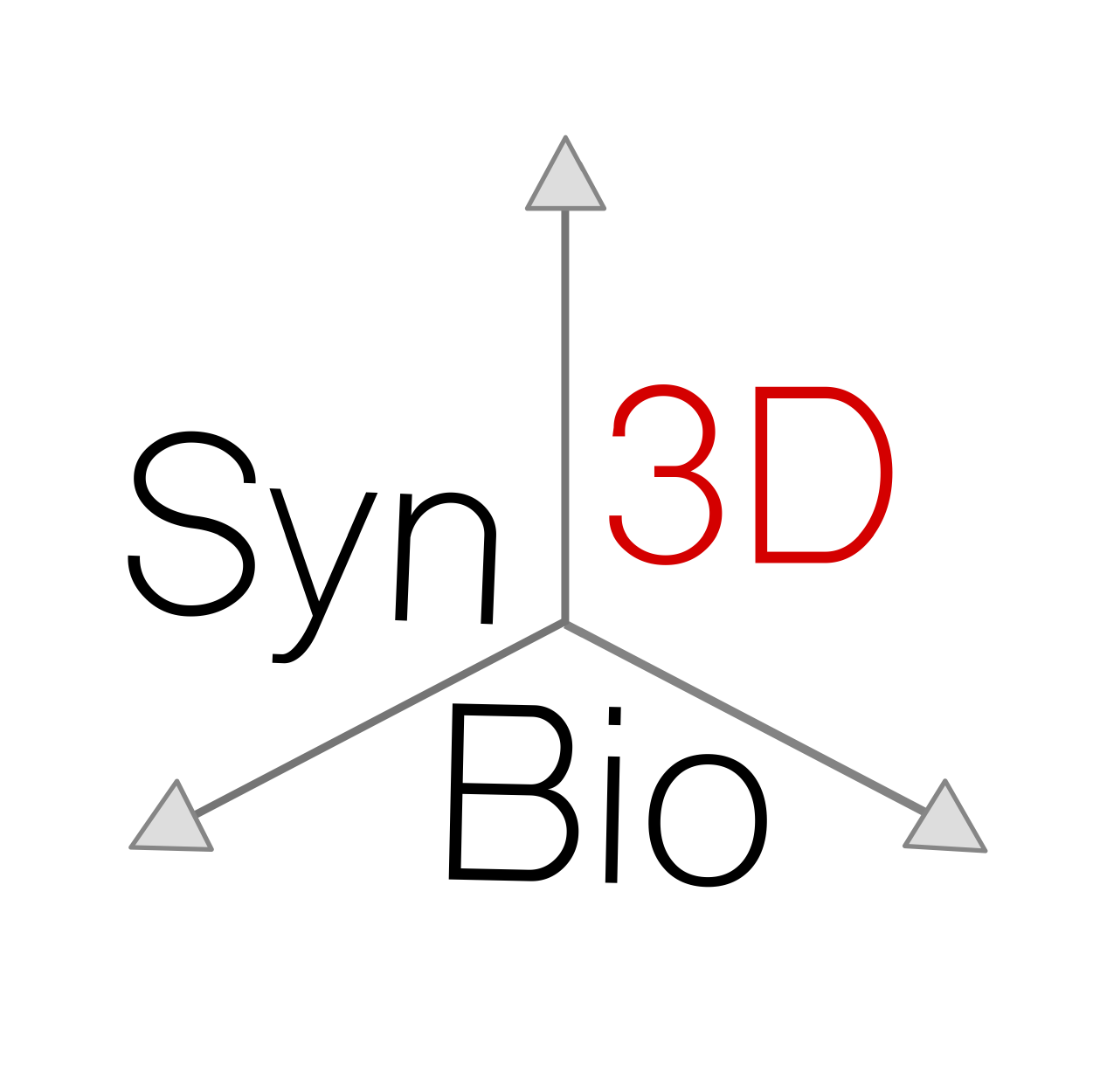Our research lines
Harnessing the information-processing capacity of bacteria for new biological devices
Engineered biological circuits
Designing biocircuits to perform predefined functions
Genetic and metabolic networks are like cascades of events triggered by certain inputs, such as environmental signals, to deliver outputs. We design and implement synthetic networks that process inputs into outputs according to predefined rules encoded in the genetics of microbes. This set of rules is equivalent to an algorithm. In other words, we program biocomputations that are tailored to an application or case study in the environmental field. We are currently working with the bacteria E. coli, P. putida, G. sulfurreducens and P. protegens.
Biological complexity: from context to evolution
Understanding how context affect performance
Genetic circuits are much more than DNA sequences and they do not guarantee the same behaviour in different organisms. Their performance is influenced by how the host context interacts with the circuits, something we call contextual dependencies. Our aim is to characterise these interactions and modify the spatial structure of circuits and the extracellular environment to affect their performance without modifying the DNA. Ultimately, we aim to achieve the challenging goal of programming evolutionary dynamics.
Mathematical modelling beyond experiments
Towards a comprehensive understanding of biological systems
How does ribosome jamming alter translation? What are the effects of transcription-translation coupling of circuits? Can multicellular systems be effectively modulated? We use mathematical modelling and computational simulations to better understand how biological systems work. In addition, these tools allow us to design and predict the performance of new biological circuits, as well as to interpret experimental results to refine initial designs.
Standards, automation, and data handling
Committed to synthetic biology standardisation
Our laboratory uses and has contributed to the Standard European Vector Architecture (SEVA) and the Synthetic Biology Open Language (SBOL). We are developing methods to visualise and edit design information in a user-friendly manner, and we use automation machinery. Ensuring that these and other automation facilities fit our laboratory’s requirements is a task in its own: we write protocols, methods, and calibration scripts, centralise information and engineer our own ad hoc solutions.






